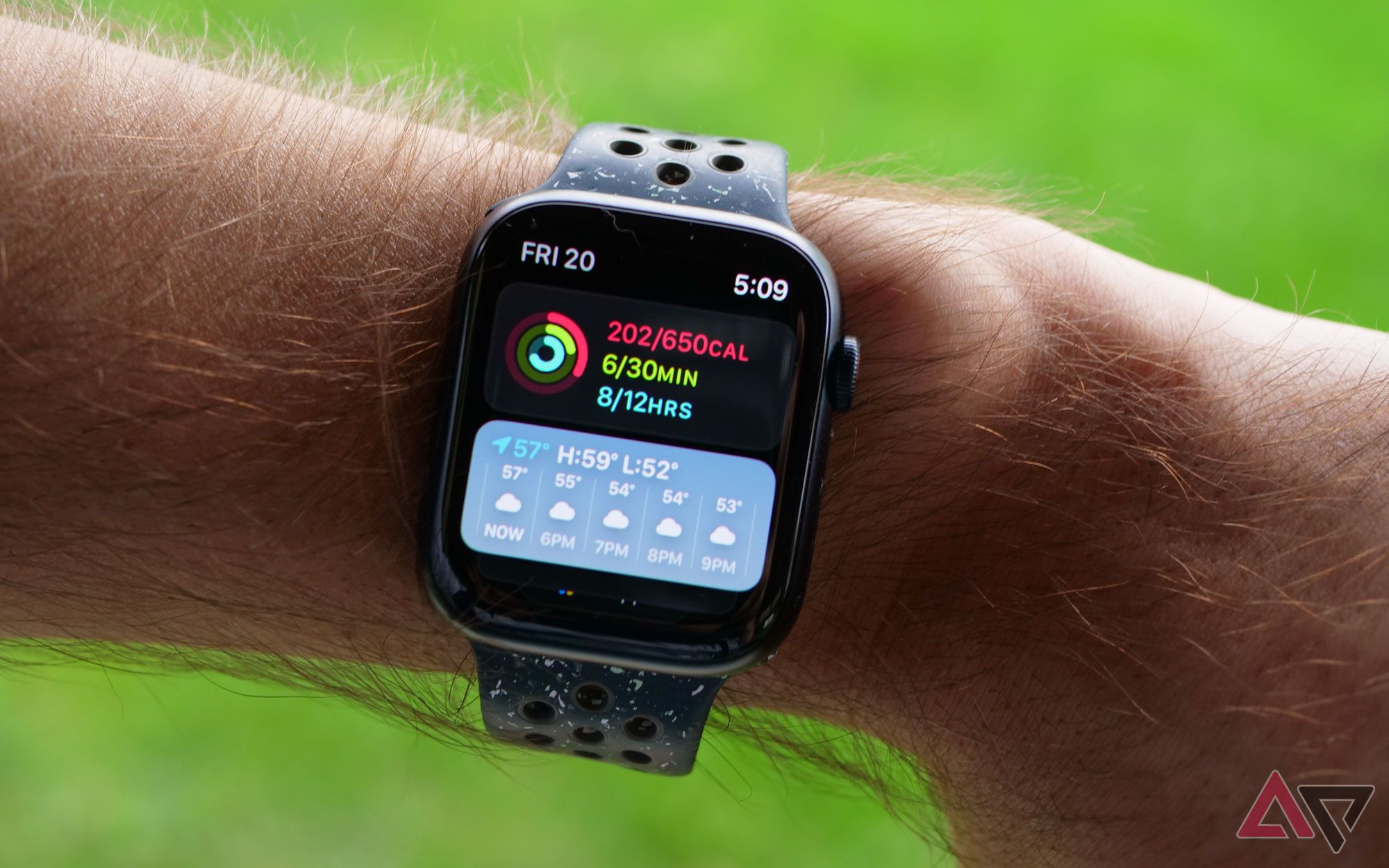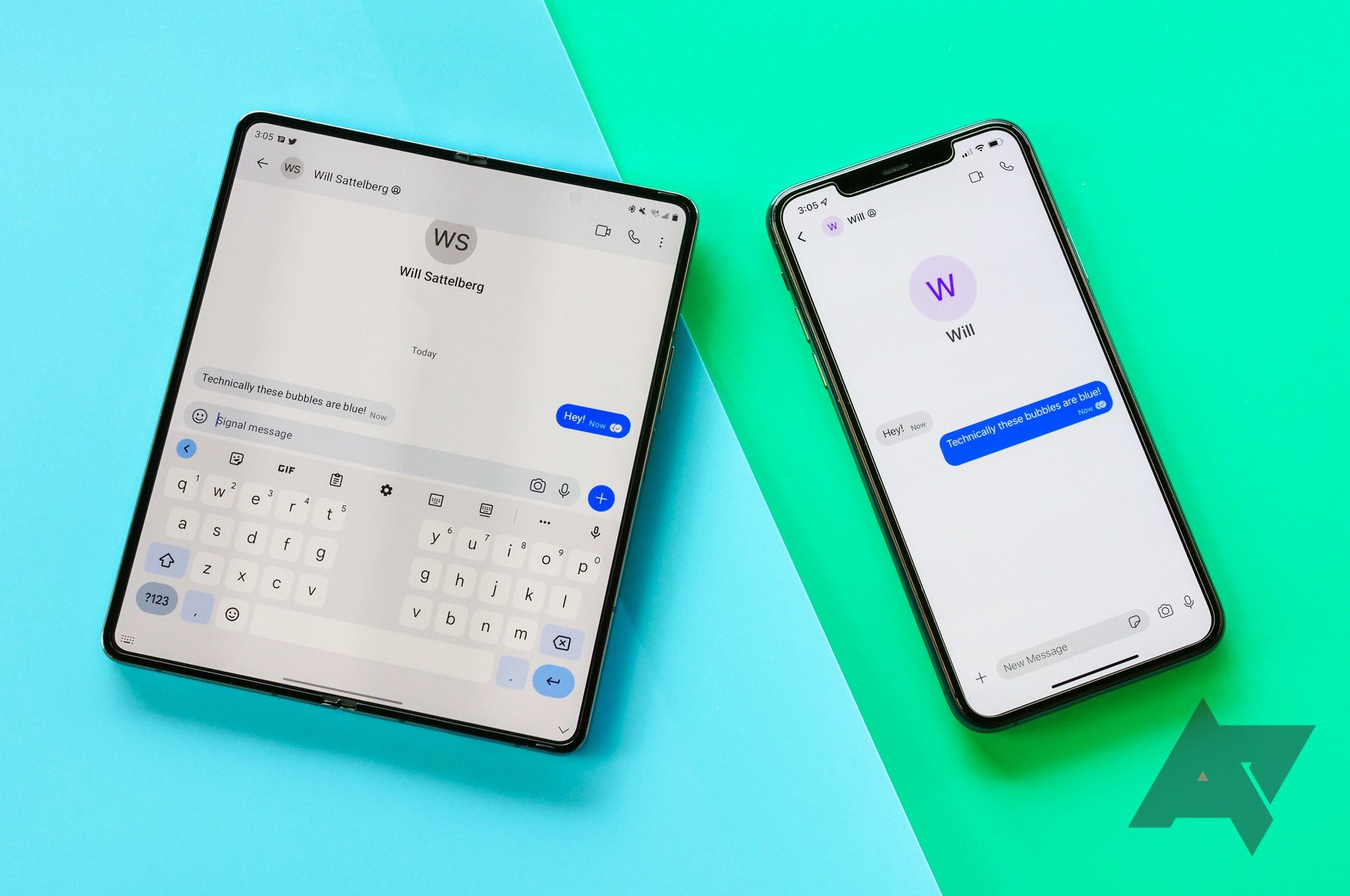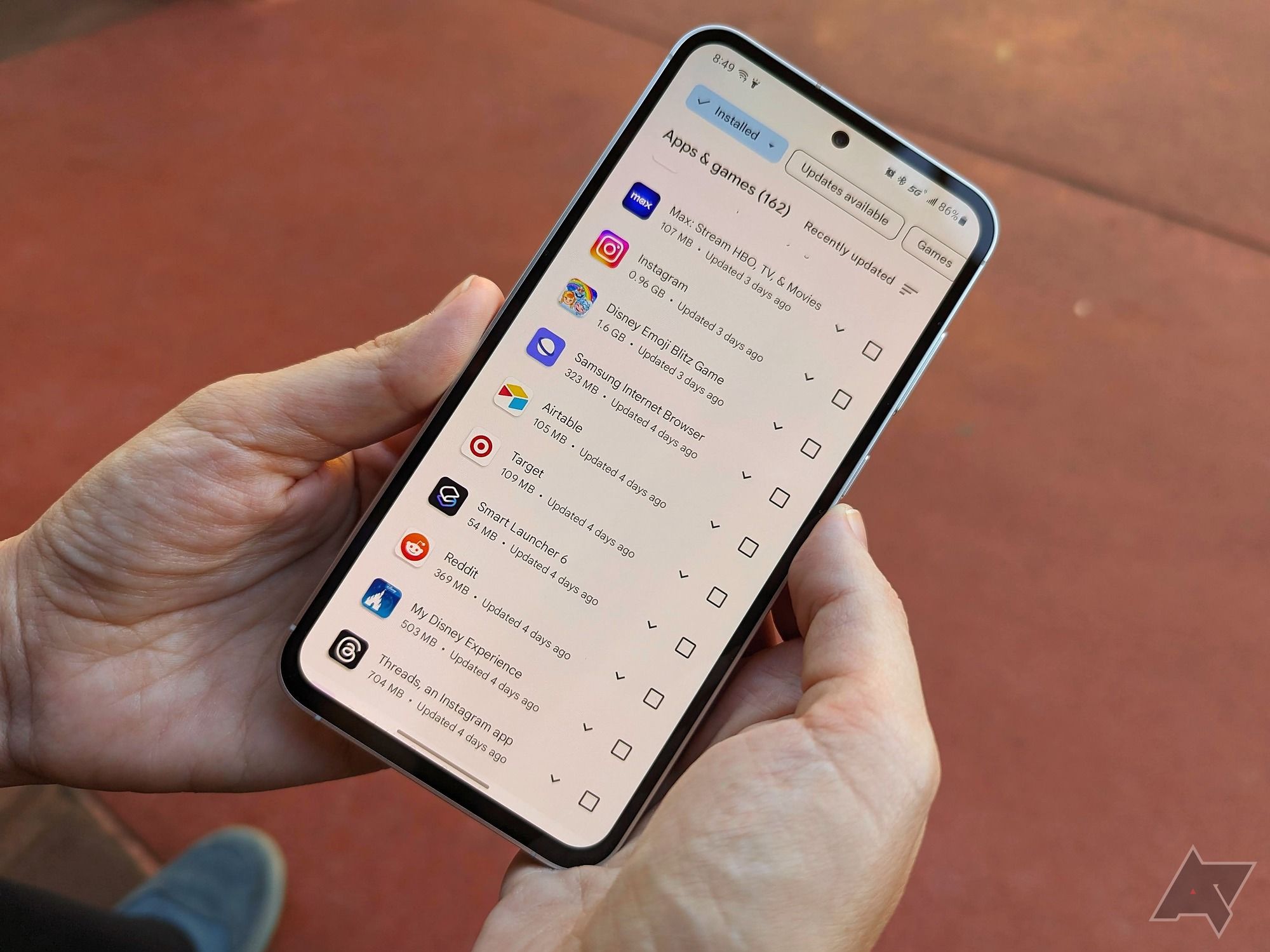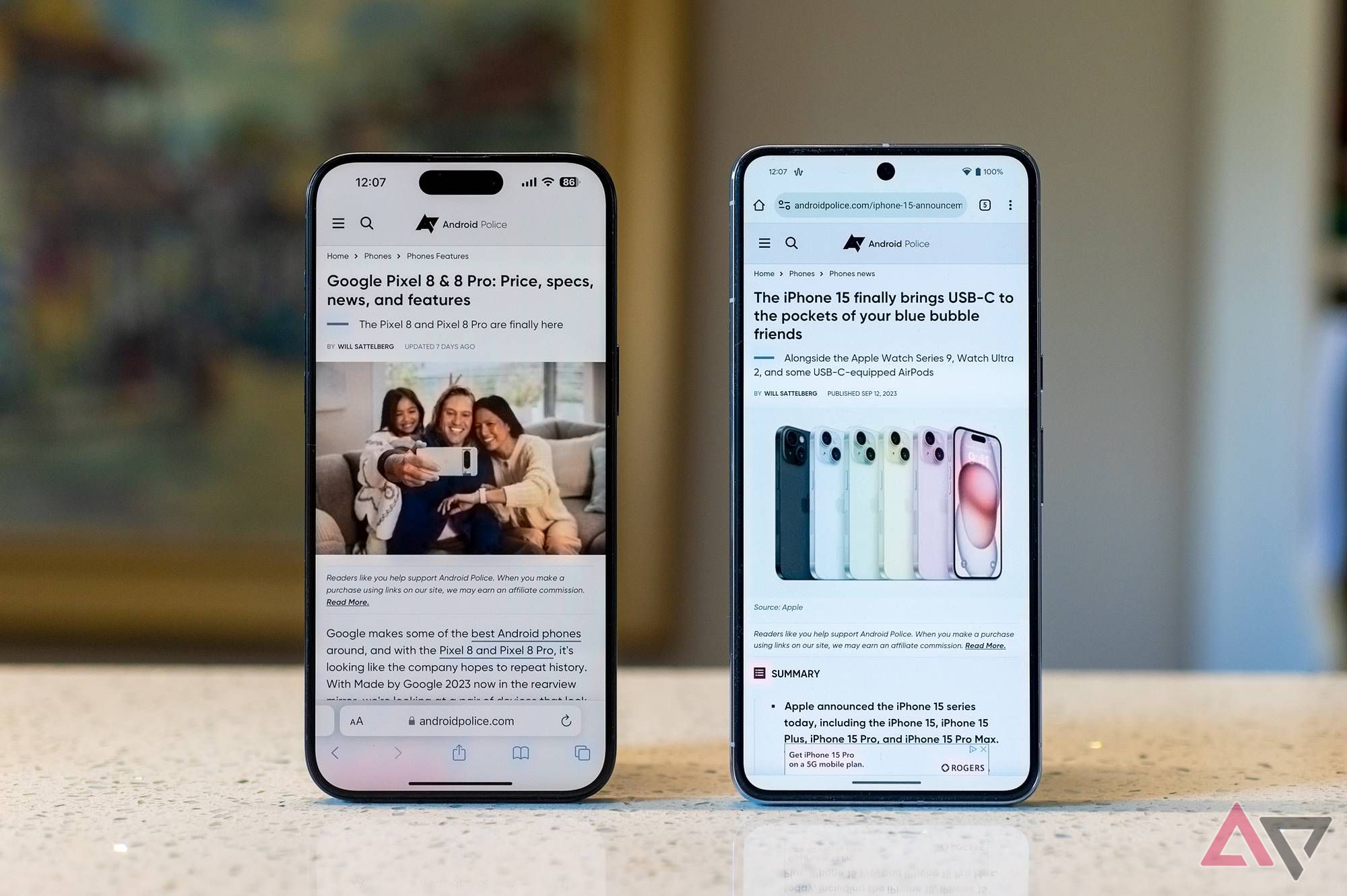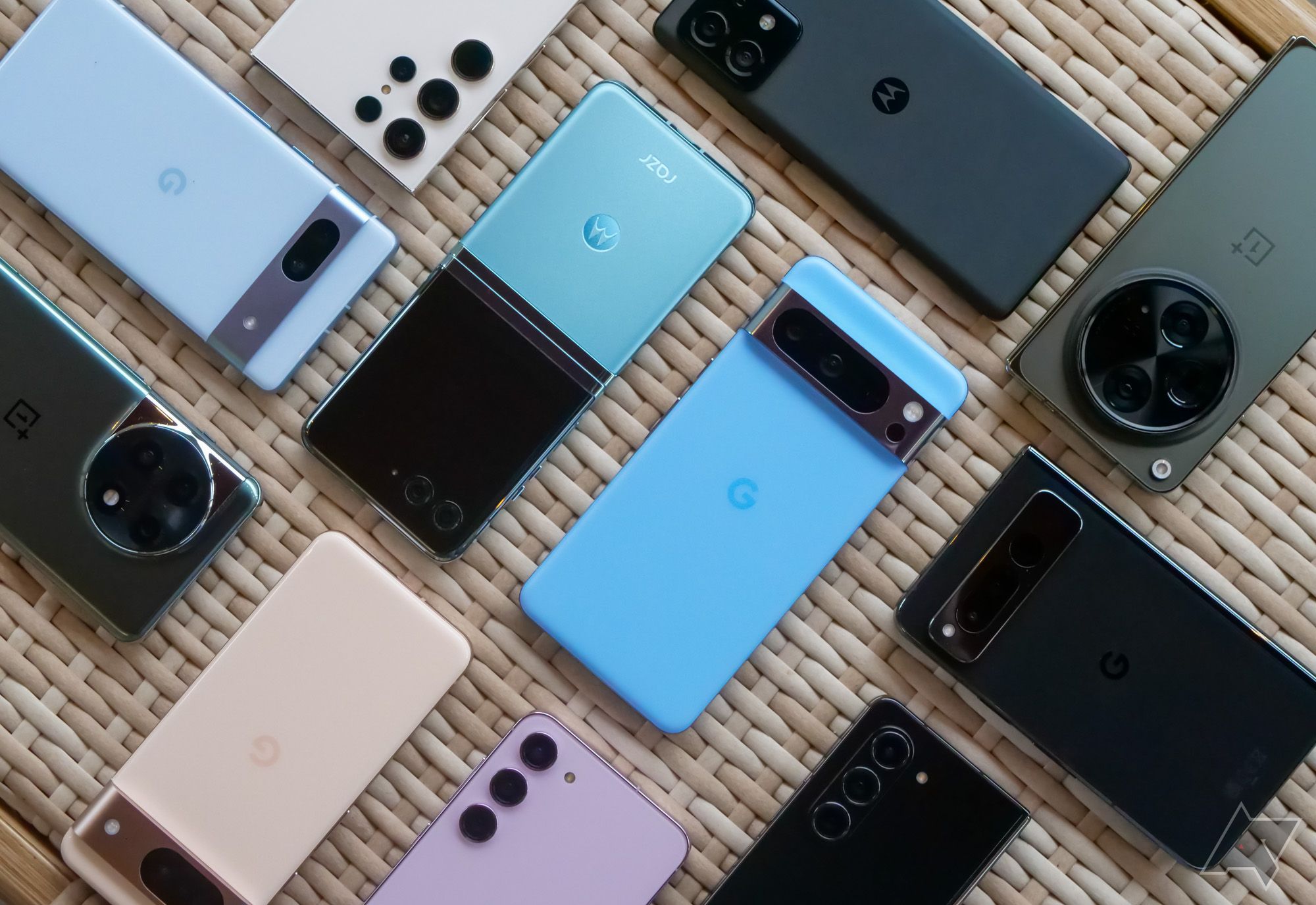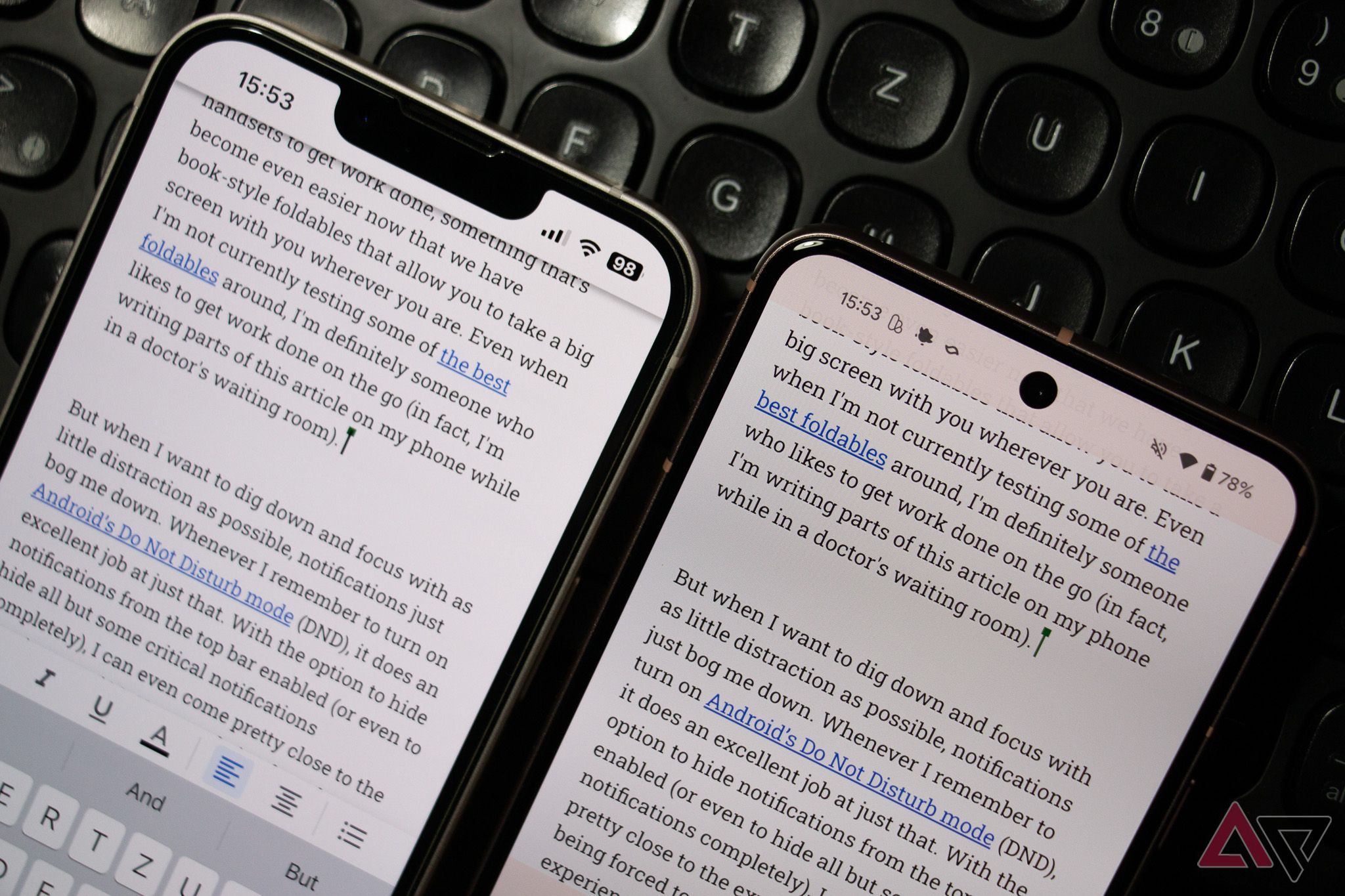The US Department of Justice brought a lawsuit against Apple this week, alleging the company’s practices have created an unfair monopoly in the US smartphone market. The full lawsuit is practically a novella, but in very broad strokes, the US government is critical of the tactics Apple employs in shaping user and developer behavior, particularly when it comes to popular products like iMessage and the Apple Watch.
Google’s not on trial here, but the suit is very much relevant to Android: the DOJ’s case is predicated largely on Apple making it hard for its customers to switch to a phone made by the likes of Samsung or OnePlus. If the US succeeds in its case, it’s going to mean a lot of changes that could have considerable implications for the Android ecosystem. Here are a few potential outcomes of the US v. Apple case that could make waves in the Android space.
1 Apple Watch on Android
“Apple uses smartwatches, a costly accessory, to prevent iPhone customers from choosing other phones.”
The DOJ’s suit alleges, in part, that the Apple Watch’s iOS exclusivity can functionally trap users in the iOS ecosystem, because switching “requires the user to abandon their costly Apple Watch and purchase a new, Android-compatible smartwatch.” Most of the suit’s language about wearables centers around the idea that iOS allowing better compatibility with cross-platform smartwatches “can reduce iPhone users’ dependence on Apple’s proprietary hardware and software.”
But I think an equally interesting outcome would be Apple opening its watches up to Android compatibility. As the DOJ notes, Apple “recognizes that making Apple Watch compatible with Android would ‘remove [an] iPhone differentiator’” — and it would also remove a roadblock to iOS users having the option to move out of the ecosystem one step at a time, which is a primary goal of the suit.
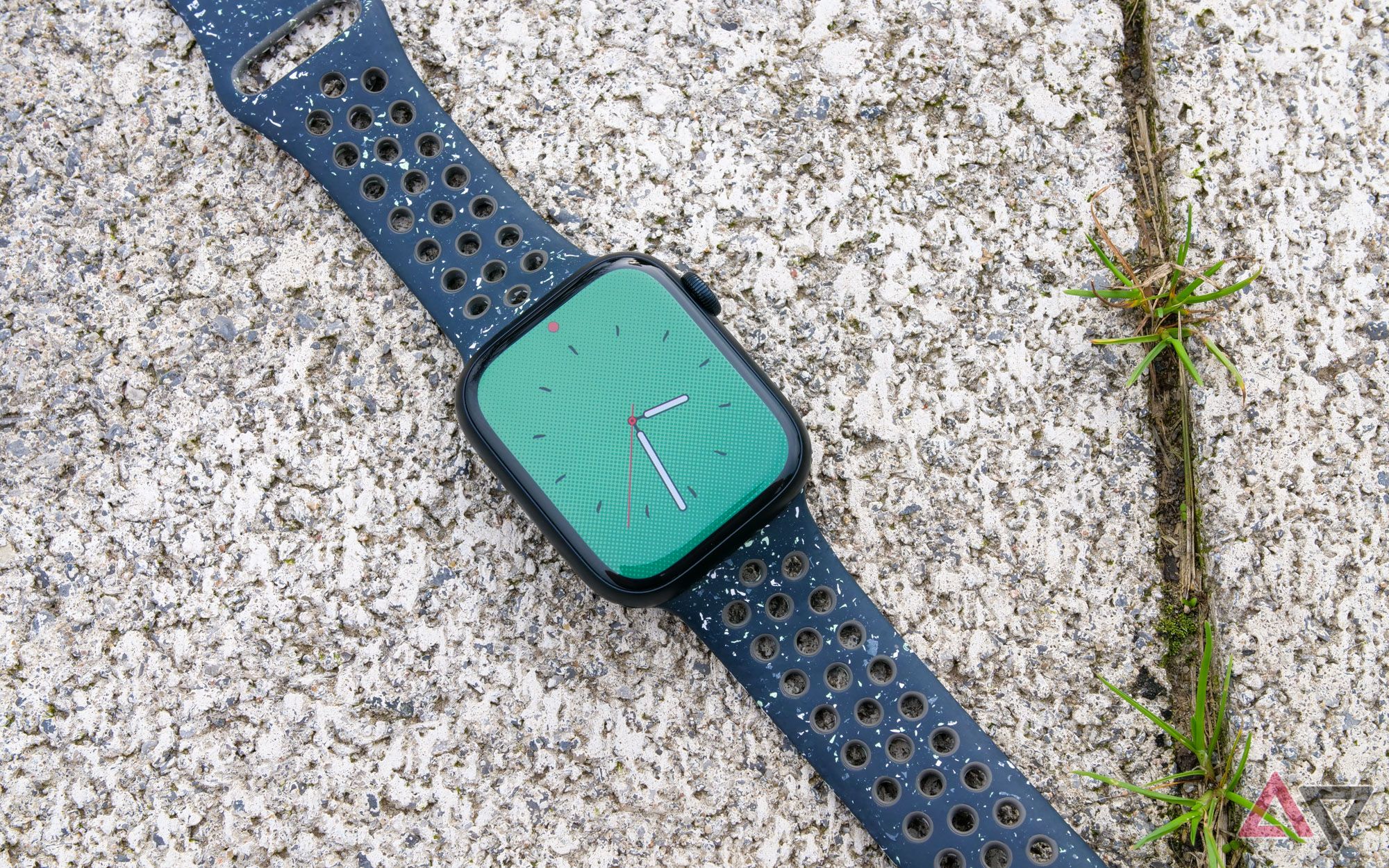
Apple Watch Series 9 review: Still my favorite wearable
It might not work with Android, but Apple continues to place its claim on my wrist
2 Google Wallet on iOS
“Digital wallets that work across smartphone platforms allow users to move from one smartphone brand to another with decreased frictions, among other things.”
The Department of Justice argues that Apple using its control of the iOS environment to block third-party contactless payments platforms is another way the company keeps its users stuck inside the walled garden. “Cross-platform digital wallets,” by contrast, “would offer an easier, more seamless, and potentially more secure way for users to switch from the iPhone to another smartphone.”
The suit mentions contactless payments apps built by banks, but if Apple’s policies changed such that third-party mobile payments platforms were allowed, it’s entirely possible Google Wallet could be an option for tap-to-pay on iPhone someday. That would indeed make it simpler for many users to switch from iPhone to Android — and vice versa.
3 Full iMessage interoperability
“Apple could have made a better cross-platform messaging experience itself by creating iMessage for Android but concluded that doing so ‘will hurt us more than help us.’”
Apple using iMessage as a means of locking people into iOS is hardly a new idea, so I won’t spend much time on it. But the DOJ’s case argues just that: per the suit, Apple places arbitrary limits on iMessage functionality to make moving from iOS to another platform less appealing and more difficult.
The suit brings up the viral moment when Apple CEO Tim Cook told an iPhone user who asked about cross-platform media messaging to “buy your mom an iPhone,” as well as Apple’s recent action to hobble Beeper Mini. And the DOJ doesn’t seem too impressed with Apple’s plans to incorporate RCS into Apple Messages, either, saying RCS on iOS will “not cure Apple’s efforts to undermine third-party messaging apps because third-party messaging apps will still be prohibited from incorporating RCS just as they are prohibited from incorporating SMS.”
Long story short, the US government wants better and more secure cross-platform messaging on iPhone. If it succeeds here, we might finally be able to stop talking about green bubbles.

The case against Apple’s monopoly, explained by Beeper’s CEO
Eric Migicovsky shares his thoughts on iMessage lock-in, how Apple affects the world of startups, and more
4 Lower Play Store fees for Android developers
“When developers imagine a new product or service for iPhone consumers, Apple demands up to 30 percent of the price of an app whose content, product, or service it did not create.”
This one’s a little theoretical, but the US’s case against Apple could very well lead to lower Play Store fees for developers making Android apps — eventually. The Department of Justice is taking umbrage with Apple’s 30 percent fee for app sales and in-app purchases through the App Store. Google takes the same cut on Play Store sales: 30 percent.
It stands to reason that if the DOJ ends up forcing Apple to take a smaller cut, it could do the same to Google. Even if it doesn’t, lower costs for developing apps for iPhone could make Android app development a comparatively worse investment, a situation Google could remedy by lowering Play Store fees to match whatever figure Apple lands on next.
It doesn’t seem likely that savings will be passed on directly to those of us buying apps or in-app content, but a lower cost of doing business for app developers should ideally lead to more innovation on app stores as the monetary risk associated with developing new experiences decreases.
5 Apple News on Android
“Apple takes on outsize importance and control in the creative economy…”
It doesn’t call out Apple News by name, but the DOJ does spend a lot of words on Apple’s subscription services, “including news” among others. “If an Apple user can only access their subscription service on an iPhone, they may experience significant costs, time, lost content, and other frictions if they attempt to switch to a non-Apple smartphone or subscription service,” it reads.
The suit mentions newspapers, and how Apple is “exerting control over how audiences access their work, decreasing traffic to their websites and apps, and positioning Apple as the middleman or tollbooth operator in the relationship between creators and users.” Taken together, it’s easy to read this as a call to make Apple News available on other platforms to decrease friction in switching devices — including Android.
6 A groundswell of Android adoption
“Apple recognizes that its conduct harms users and makes it more difficult to switch smartphones.”
It’s no secret that Apple’s hardware and software are engineered to work together in ways that make leaving the ecosystem seem unappealing. A central theme of the US’s case against Apple is that the company’s practices engender brand loyalty not through superior products, but by making the transition to any competitor’s offerings too difficult for many users to undergo.
If the DOJ is successful in its suit, that’ll eventually be less true — the changes the lawsuit seeks would make it easier to leave an iPhone for one that runs Android, an outcome that, the government hopes, will lead to more genuine innovation as competing manufacturers will have to compete more directly with each other in a more open market. If that happens, it stands to reason that a lot of users who were once held in place by Apple’s policies rather than genuine personal preference will feel more free to leave iOS. And naturally, as it stands today, most defectors would be switching to Android devices.
The opposite could also be true, though. If it becomes easier to move from iOS to Android, it’ll also become easier to move from Android to iOS. However it all plays out, we’re in for an interesting few years — and probably a couple rounds of appeals.
This won’t be over any time soon
Depending on how the US v. Apple case shakes out, it could take years for any real changes to materialize. Still, it’s a historic case, and it’s fascinating to imagine where it could all go from here. The case isn’t about Android, but Apple is too big to ignore — sweeping changes in the way the world’s largest smartphone maker is allowed to operate within the US will have wide-ranging consequences throughout the tech industry and beyond.

Switching from iPhone to Android will get much easier next year
At least in the EU, thanks to the DMA




